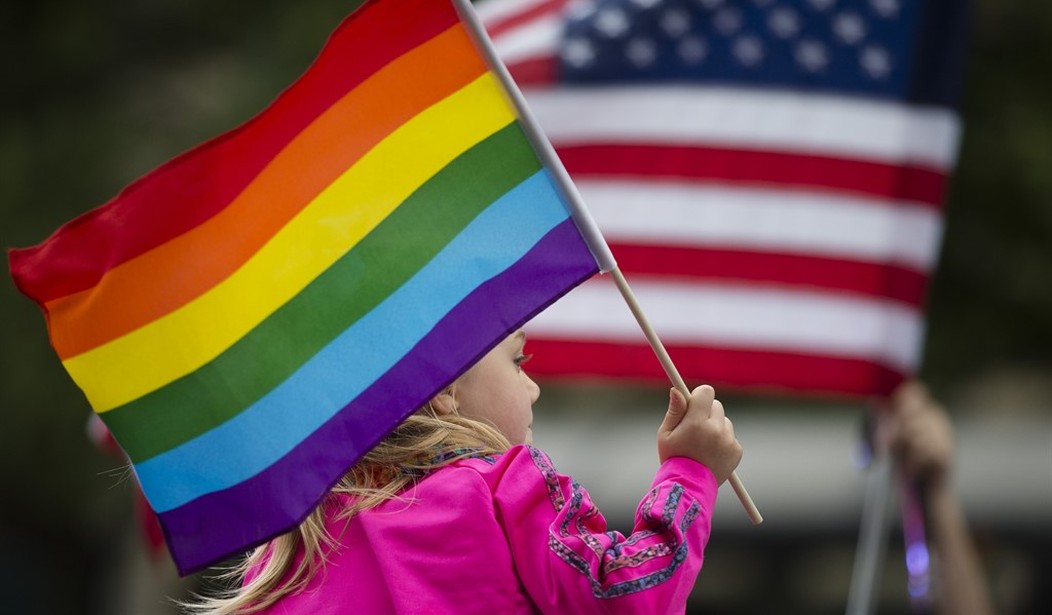In the wake of the Obergefell v. Hodges ruling by the Supreme Court, which asserted that there is a constitutional right to gay marriage (specifically states must recognize marriage licenses between two people of the same sex that were issued out-of-state, or in any jurisdiction of the country), the American Civil Liberties Union is no longer going to support federal religious freedom laws.
As their deputy legal director, Louise Melling, wrote in the Washington Post on June 25, The Religious Freedom Restoration Act (RFRA) has been used as a tool of discrimination and must be amended so that it cannot be used in a way to discriminate against others. First, she detailed the case of Iknoor Singh, who is a Hofstra University student who wanted to join the U.S. Army Reserve Officers’ Training Corps. He’s also a member of the Sikhism faith. The Army said he could not join unless he removed his turban, shaved his beard, and cut his hair; all things that go directly against his religion. The ACLU sued the Army on behalf of Mr. Singh and won. Melling used this to cite a classic example of an infringement of religious freedom. Indeed, she’s right. And the ACLU was right to invoke RFRA in their lawsuit. Yet, Melling also said that’s the RFRA of olden times:
The RFRA was passed in 1993 after two Native Americans were fired from their jobs and denied unemployment benefits because they used peyote, an illegal drug, in their religious ceremonies. The Supreme Court rejected a claim they had brought under the Free Exercise Clause of the First Amendment, but Congress disagreed with the justices and enacted the RFRA with near-unanimous support.The ACLU supported the RFRA’s passage at the time because it didn’t believe the Constitution, as newly interpreted by the Supreme Court, would protect people such as Iknoor Singh, whose religious expression does not harm anyone else. But we can no longer support the law in its current form. For more than 15 years, we have been concerned about how the RFRA could be used to discriminate against others.
…
In the states, legislators, governors and businesses are citing state religious freedom restoration acts to justify all manner of discrimination against gay men and lesbians, including at commercial establishments. At the federal level, the Justice Department — under both the Bush and Obama administrations — has said that the government would violate the RFRA if it were to require that organizations not discriminate in hiring on religious grounds in order to receive government funding.
…
Accommodating his faith doesn’t hurt anyone else; it just requires making an exception to a rule of uniformity that was never truly uniform. Not so in these other cases. Hobby Lobby employees are harmed because they now lack a benefit guaranteed by law. People turned away by an inn or bakery suffer the harm of being told that their kind isn’t welcome. And a teenage immigrant is harmed by not being provided care or even told about other health-care options.
Yes, religious freedom needs protection. But religious liberty doesn’t mean the right to discriminate or to impose one’s views on others. The RFRA wasn’t meant to force employees to pay a price for their employer’s faith, or to allow businesses to refuse to serve gay and transgender people, or to sanction government-funded discrimination. In the civil rights era, we rejected the claims of those who said it would violate their religion to integrate. We can’t let the RFRA be used as a tool for a different result now.
Recommended
This resurrects the Indiana RFRA fight all over again, where we saw the ugly aspect of what happens when two sides can no longer have a discussion with one another. Forty percent of states have similar RFRA statutes, and the federal law was introduced by then-Rep. Chuck Schumer (D-NY), passed unanimously in the House, and signed into law by then-President Bill Clinton after the Senate sent it to his desk by a 97-3 vote.
As for Hobby Lobby, the company didn’t gut contraceptives coverage for their workers; just the ones they feel are abortifacients. They still pay for 16 forms of contraception.
Regarding gay marriage and discrimination, RFRA has never really been grounded in those areas. Additionally, the courts have rejected, even in states with RFRA statutes, the religious exemption argument for marriage-related businesses, which are often the target for the ire of the political left concerning the gay marriage argument. Moreover, 21 states have public accommodation laws, which bars discrimination based on sexual orientation by government entities and private enterprises that provide a public service. There are local ordinances as well.
Ace of Spades’ Gabriel Malor aptly noted that it’s unlikely that Indiana RFRA, or any RFRA law, would unleash a “parade of horribles” due to these public accommodation laws, which any state legislature, city council, or county government can pass.
“RFRA is a shield, not a sword,” wrote Malor. Maybe the ACLU is viewing RFRA in exactly the wrong light, and it’s gross naiveté to suggest that the left won’t force their views upon the rest of the public. Oh wait; they’re kind of already* doing that.
*I'll let Guy Benson and Mary Katharine Ham explain the rest.

























Join the conversation as a VIP Member